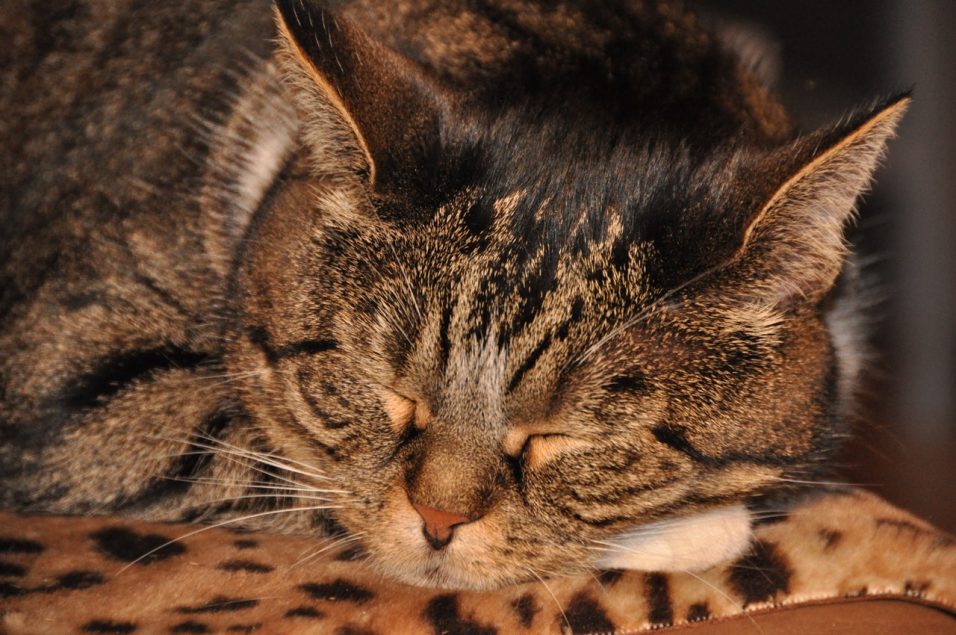Professional jealousy is pretty easy to fall prey to. Whenever I talk shop with other writers, there’s a prevailing sense that there are some pretty awful books out there getting published and hoovering up all the marketing budgets, and that’s true in some sense, although the implication that our novels—published and unpublished—are much better and thusly deserving of more attention is not necessarily true as a result.
This sort of jealousy also seeps into the creative side, when you read something really good that you wish you’d come up with, or that seems frustratingly close to your own WIP in terms of concept and execution, rendering months or years of work kind of wasted. It can also be healthy, in that it inspires you to work harder and take more risks.
We Are Not Good People
My novel We Are Not Good People was inspired by this sort of jealousy. I went to a conference and witnessed other writers who were getting a lot of attention, getting a lot of support from their publishers, and I had the sort of panicky reaction you might expect: I had to get something really good out there or my career would be over. It’s a familiar feeling for a lot of writers.
I’d already started work on what would become WANGP, but on the way home from the conference I attacked that book like nobody’s business, fueled by a sudden desperation. And the result is, I think, one of my best books, and one that sold to a publisher pretty quickly.
So, it can work for you. But it has to be aimed properly. Using that sort of desperate panic to make yourself write faster and better? Great. Using it to fuel some sort of shadow competition with your fellow writers? Not so great. In other words, creative competition—trying to outdo their fantastic ideas and plot twists with your own amazeballs creativity—is great. Career competition is pointless, because you don’t control the market, sales figures, or budgets (unless you’re self-published, but even so you don’t control anything).
Easier said than done, of course, especially when your peers nail a big contract, or get a rave review, or have a film made of their novel. How do I handle it? I drink very, very heavily and then I write in a sweat-dripping panic, thinking of my own impending death and how I need to leave more books behind, and soonish.
Yep: Death and whiskey, the Jeff Somers story.


WANGP, or Wang-P as I like to call it. An excellent book, beloved by both me and my wife, so you know you’re onto a winner there.
This reminds me of the friendly competition between The Beatles and The Beach Boys in the mid-60s. With an unprecedented few months break in their tour schedule, the Fab Four entered the studio in the spring of 1965, and came out with “Rubber Soul,” an album that showed maturity in writing (both lyrically and musically), along with instrumentation and studio techniques that were a natural overflow of their creativity. Brian Wilson heard it and responded with The Beach Boys’ album “Pet Sounds.” The Beatles went to a release party, and came away thinking, “We have to top that!” So, Paul goes off and, inspired by “God Only Knows,” writes “Here, There, and Everywhere” (though I don’t think the original title had the Oxford Comma–why is it Brits don’t use the Oxford Comma? After all, it’s not the Harvard Comma! I digress…). So The Beatles go into the studio and create “Revolver.” Then “Sgt. Pepper.” And we’re still waiting for a reply from The Beach Boys… 😉 Actually, I think Brian Wilson threw his hands up at that point.
Anyway, yes, friendly creative competition can be a great thing.